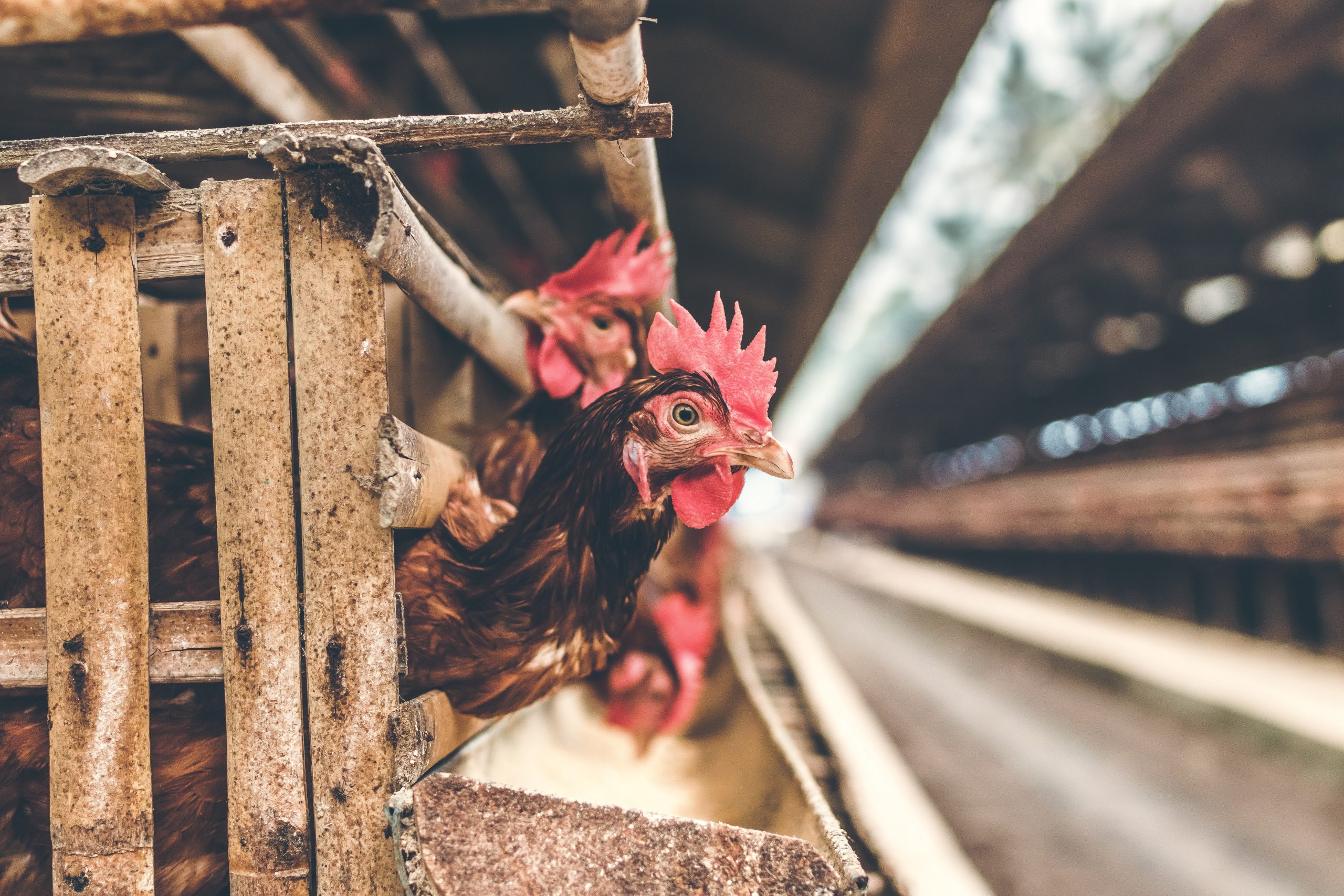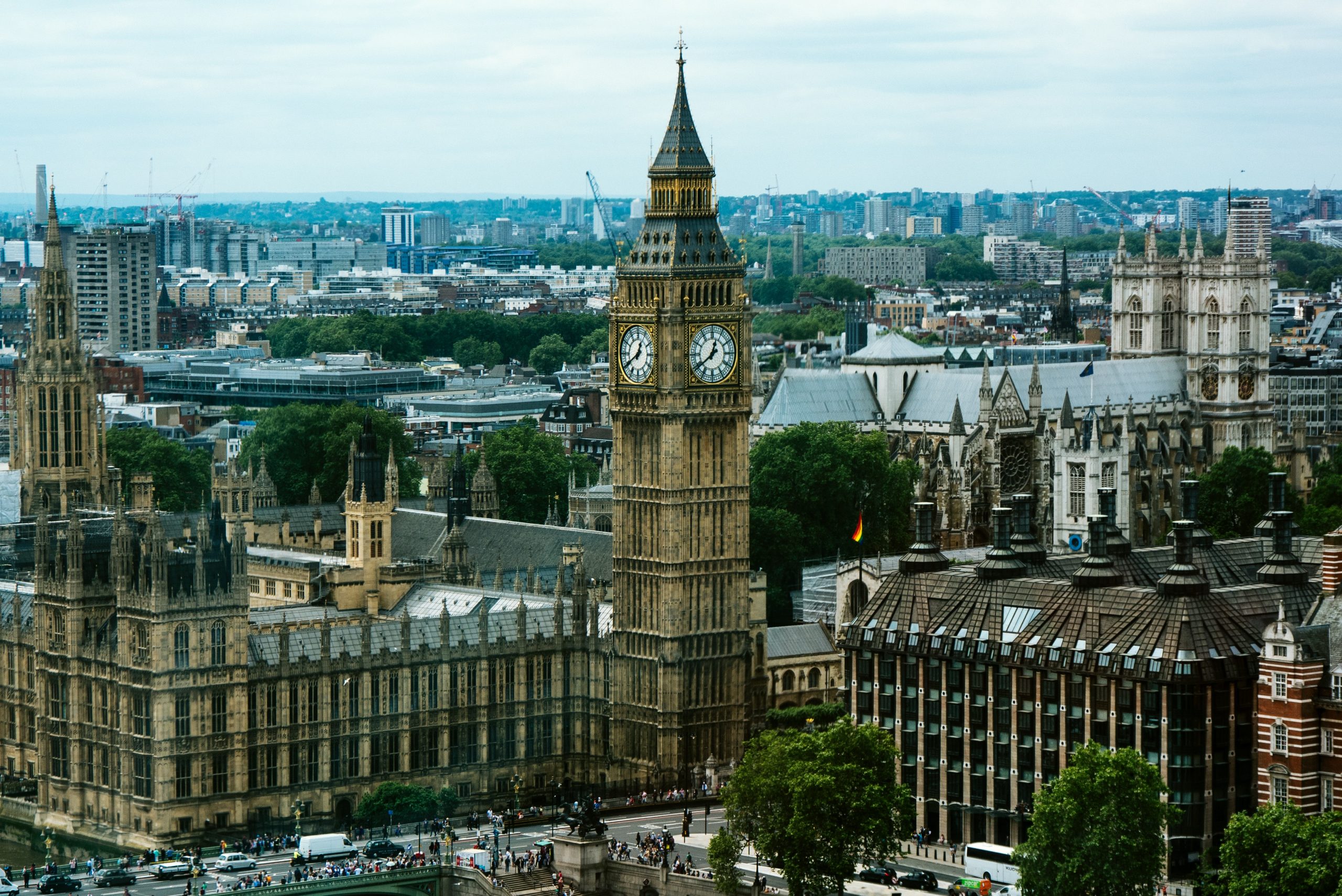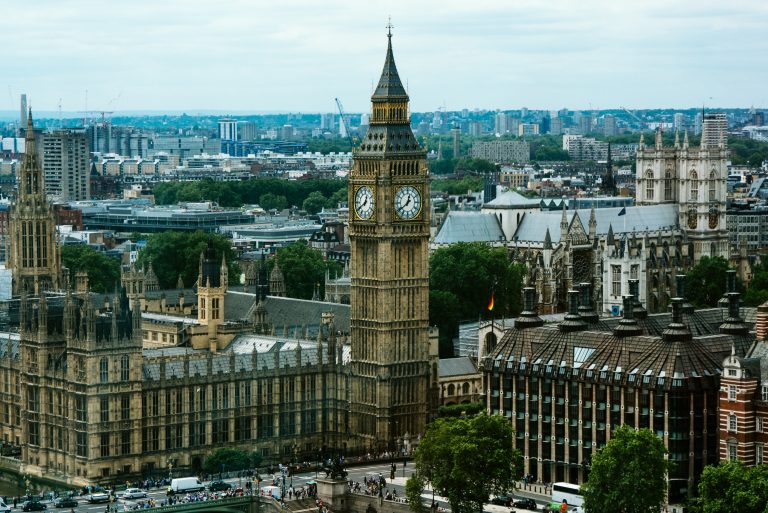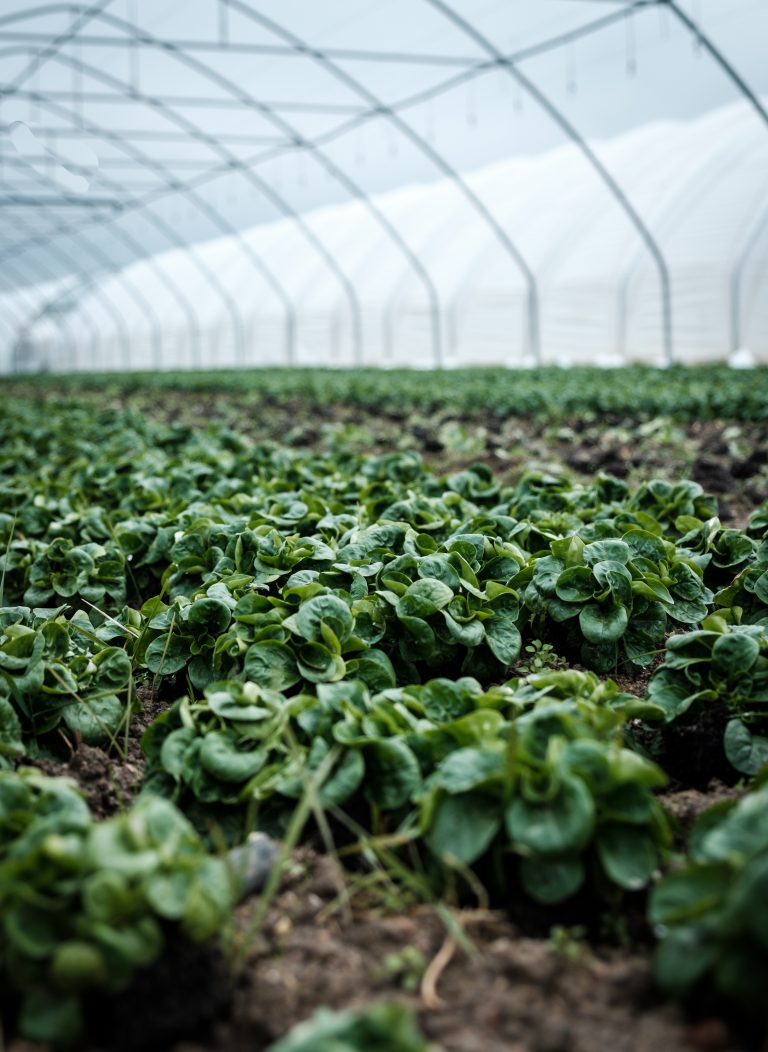CNN: “How coronavirus is affecting Brexit”
Run Time: 2:21
Abstract: Negotiating the terms of the new arrangement between the United Kingdom and the European Union following the 2016 UK vote to leave the bloc was a complex situation from the start. Now though, thanks to the fallout from the global COVID-19 pandemic, it is even more complicated. The United Kingdom formally left the European Union on January 31, 2020, just weeks before its own economy and those of the European Union were shut down to prevent the spread of the novel coronavirus. Under the terms of its exit, the United Kingdom would continue to interact with the European Union under a customs union arrangement during an 11-month transition period while the terms of a new deal were negotiated. With just six months left in the transition period, the United Kingdom must request an extension by June 30, or if negotiations are unsuccessful, be prepared to leave with no deal on January 31, 2021.
Notes: For the past four years, Brexit has been front and center for UK policy makers. Then came COVID-19. Discussions of Brexit quickly moved to the back of the queue as policy makers addressed more urgent concerns. Now, though, as the economies of Europe and the United Kingdom continue their reopening, Brexit has once again become a central point of discussion. Brexit refers to the decision by the United Kingdom to leave the European Union, the political and economic bloc comprised of 27 European countries. As one of the bloc’s earliest members, the United Kingdom has been at the center of the European Union for decades, and its economy is closely intertwined with those of other EU countries. For years, UK companies have viewed other European Union markets as an extension of their own. Goods and services have flowed freely across member country borders, as have workers. Similarly, EU companies have established their operations and built their strategies to seamlessly include the United Kingdom. With a common set of regulations governing business within the bloc and the bloc acting in concert toward nonmembers, companies both domestic and foreign have operated in a relatively stable environment. Now though, that stability has been thrown into chaos.
The 2016 vote by the United Kingdom to leave the European Union was followed by several unproductive years of negotiations to determine exactly how the United Kingdom should leave. In the end, it was decided that the United Kingdom would formally depart the European Union on January 31, 2020 with an 11 month transition period during which the United Kingdom would continue to act as a member of the European Union with regard to trade, and negotiations would continue to determine the terms of a new deal. At the time of the agreement, it was an ambitious agenda complicated by the fact that the United Kingdom would be simultaneously negotiating trade agreements with other countries, including the United States. Now though, because of the global COVID-19 pandemic, it is a goal that seems nearly impossible to achieve and some are wondering whether an extension to the transition period will need to be negotiated. For companies both in the United Kingdom and in the European Union, as well as those doing business in those countries, extending the uncertainty of what the new business environment will be is not a welcome prospect. Frustrations among business leaders is high. Since the vote by the United Kingdom to leave the European Union, many companies have already been forced to invest in developing strategies to prepare for a hard Brexit, one in which the United Kingdom left the European Union with no agreement in place. Other companies have moved operations out of the United Kingdom to Europe to preserve their access to the market. Still others have put off plans, waiting for further clarity. Even so, there is a general sense that rushing into an agreement will not be beneficial to anyone.
Under its terms of departure, the United Kingdom must request an extension to its transition period by June 30. While negotiations between the two sides have recommenced, it is becoming increasingly evident that coming to agreement will not be easy. Within the European Union, there is little agreement on strategy or goals. Indeed, the global pandemic has served to magnify previously existing disparities in the economic health of EU members, taking a bigger toll on the economies of some EU countries including Italy and Greece, while other EU members, such as Germany, fare better. Similarly, deep unresolved divisions within the United Kingdom regarding the merits of leaving the European Union have made it challenging to identify exactly what the country’s post- Brexit relationship with the European Union should be. Time is short, and thanks to COVID-19, resources are limited, making the next few months even more critical. If no agreement is reached by the end of the transition period, the United Kingdom will automatically leave the European Union with no deal, a prospect that is unwelcome to many of those with a stake in the future of the two sides.
Discussion Questions:
1. Reflect on the ambitious agenda negotiated by the European Union and the United Kingdom to reach a post-Brexit agreement in just 11 months. Should the United Kingdom request an extension to the transition period? What are the implications of an extension of the transition period for companies within the United Kingdom and the European Union? How would an extension impact companies outside the bloc with business in either the European Union or the United Kingdom?
2. Consider the existing level of economic integration among the members of the European Union. Should capital markets between the European Union and the United Kingdom remain integrated under the new deal? What are the benefits of continued integration? Do you see any drawbacks? Within the European Union, people are permitted to move freely between countries. What are the implications of limiting the free movement of people between the United Kingdom and the European Union? Should a new deal between the United Kingdom and the European Union extend to the movement of people?
3. Discuss the challenges of Brexit for global supply chains. How will supply chains be affected if a new deal between the United Kingdom and the European Union includes border controls or customs regulations? Are companies in the United Kingdom or in the European Union that have already been challenged by the global pandemic in a position to endure further costs and disruptions to their European supply chains?
Source: CNN “How Coronavirus Is Affecting Brexit”













